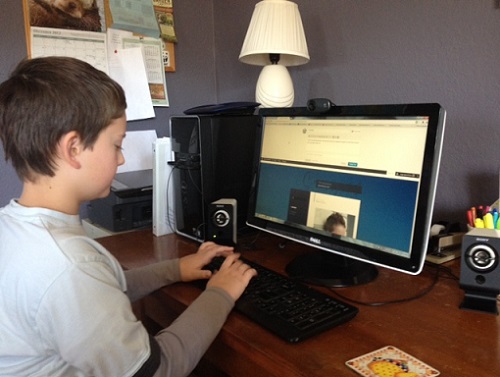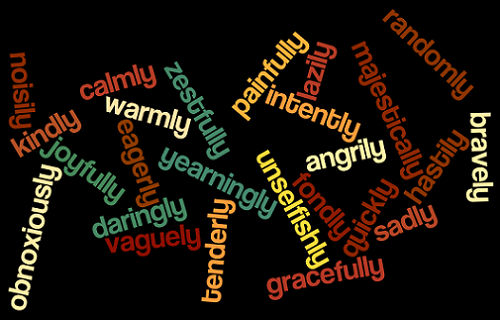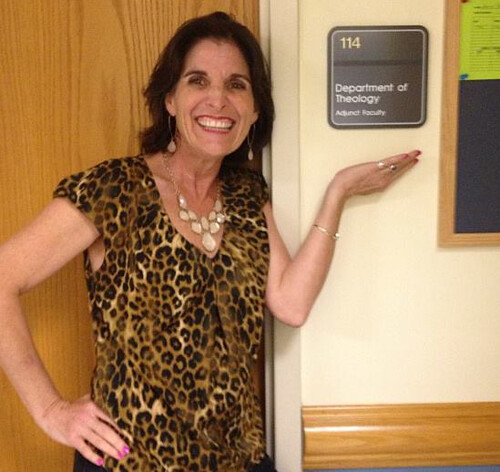 The blank page/screen continues to intimidate even the most seasoned writers. It’s the blankness of it—the not-yet of words, the vastness of the task, the emptiness of the space.
The blank page/screen continues to intimidate even the most seasoned writers. It’s the blankness of it—the not-yet of words, the vastness of the task, the emptiness of the space.
The same strategy gets words to the page each time: Write. Write THAT. Write that thought right there—THAT one; how you wish the screen weren’t so blank, or that there were already words on it. You can start by writing that.
You can start with writing gibberish or arguing with the prompt: Why do I have to write? Why can’t this be easier for me?
Sometimes those very words lead to surprisingly relevant thoughts. For instance, if you need to write a college application essay, the stress of knowing that the essay may be the difference between admission and rejection can create paralysis. So let’s follow that thought and see what it might yield!
I hate the blank screen. I want it full of words—my words, in my own voice, not trying to impress anyone. I want to go to college badly because I imagine it as a place where I’ll get to learn and grow. It’s frustrating to be one of the herd of people applying, wondering if the admissions team can even see me, the real person behind all these words. I wish I could include a picture of me with my Kindle on a train in Europe while I read Homer’s Odyssey—a trip I paid for, a graduation present to myself. To me, that’s education. I’d just like to have someone to talk with me about it, to help me see what I’m missing…
A freewrite start like that reveals some excellent thoughts that could be shaped into quality ideas for the college app essay. The student wants to have an authentic educational experience not driven by grades but by acquisition of knowledge. This student is self-motivated already—reading, thinking, taking the initiative in his own education. This student is aware that a university context could enhance his self-study. There’s a fabulous anecdote lodged in the middle that could start the essay: riding a train in Europe reading classic literature, a trip he paid for himself.
Freewriting is free—it dislodges the you that is essential to your essay. Writing an “essay draft” doesn’t often yield that same freedom. “Drafts” tend to call forth attentiveness to the prompt, the expectations of the critical reader. Freewriting enables a writer to dismiss the value of the reader and their supposed expectations in favor of what he or she really wants to say.
Those “wants to say” items then can be mined and retooled to suit the reader expectations later.
The last thing about freewriting: There has never been a freewrite I’ve read or written or heard read aloud that didn’t freak me out a little bit on the first pass. Freewrites have this way of feeling “too free” – like, “Crumbs! What am I supposed to do with all those dangly, rambly words?”
Just know that even as a seasoned freewriter and writing coach, I still feel initially knocked sideways by the sheer ungainly-ness of most freewrites. You will too.
Read it. Walk away from it. Read it again later.
Then start looking for single ideas/sentences/words/items to lift from the raw writing that can be used like boards to build the house. You’ll see them, once you calm down.
If you are in the essay for college crunch, feel free to contact Brave Writer. One of our staff members tutors college bound students in completing those essays for an hourly fee, as she has time. You can email me and we’ll let you know if she’s available. (I don’t advertise this practice too much as we can’t handle a big volume.)
In any event:
Freewriting—blank screen, terror; filled with words, daunting; final outcome, writer’s voice and power!
Image by Brave Writer mom, Kelly (cc)




















